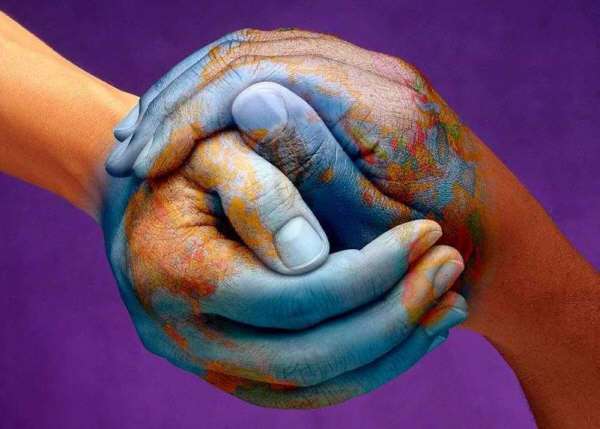Citizenship includes people acting together to solve problems that affect society. To achieve objectives, citizens need to be educated in a way to understand the political system, the laws, the economy, and to develop their skills and responsibly take part in the country’s public and democratic life.
In a nation’s educational context, citizenship education is the foundation of the system. An individual who is a reference in citizenship education is able to play his/her part effectively in society. He/she is a dignified, well-informed, and careful citizen, who is aware of his/her rights and duties. He/she participates in the democratic process and is always ready to question the laws and acts imposed by the Legislative, Executive, and Judicial branches of government.
The citizenship education process must develop since the individuals’ childhood. The program must focus on personal responsibility and ways of participating. Students learn to understand the role of political, religious, social, and economical institutions, and how these institutions influence the daily life of a community. They study social justice and respect to democracy. The tax, labor, social security, budget, and party systems must be understood, as they directly affect the dynamics of the city, state, or nation.
Citizenship education also includes the care for public spaces and money, as well as respect for the environment and for others. Many irresponsible acts committed by public managers and citizens need to be questioned and debated for the education process to take place. Here are some examples: throwing garbage on the streets and sidewalks, persistently honking horns, disrespecting lines, speaking too loud on cellphones; to say nothing of inadequate streets or unpaved sidewalks; corruption, and so on.
Adequate economic decisions are another essential knowledge in the exercise of citizenship: spending within the limits of the revenue, saving, analyzing purchase alternatives based on cost/benefits and not being moved by consumerism.
Also part of this learning process is thinking creatively, critically, and impartially; acting collaboratively; recognizing the positive or negative influence of emotions on communication; enabling oneself to ask proper questions and communicate well with different kinds of people; respecting diversity; developing and implementing collective plans.
In this context, students are morally, spiritually, socially, and culturally involved and become more self-confident and responsible in and out of school. They also enhance their capacity to reflect upon problems and take active participation in discussions, improving their own decision-making skills.
Citizenship education stimulates students to cooperate to change their school, their community, and the world into a better place. That happens when they play an effective role in local, national, and international contexts. The program is appropriate for any age, applied across the curriculum, in an independent way, or focused on the process of learning through observation, research, dialogue, and by doing. Let us put this theme as priority in the country’s educational process and, as a result, we’ll have communities of which we’ll be proud and a developed and educated Brazil.


